How Lifehack Assesses Impact
Lifehack has been learning from the rapidly advancing disciplines of business, design, wellbeing, social innovation and technology and working out how we can apply this to complex problems – specifically youth wellbeing and mental health.
One of the those people is Zaid Hassan, UK-based consultant and practicing social innovator who has worked with countries and corporations alike to tackle some of the world’s most difficult problems – food systems, climate change and public healthcare are only a few in his kete. His work has involved bringing together stakeholders from areas of interest as far-flung as civil servants, grassroots activists and CEOs of global corporations.
At Lifehack, we’ve been focussing on youth wellbeing. The complexity of social issues require new approaches which acknowledge their complexity, and programs addressing them should have new measures of success and impact accordingly. . Zaid Hassan’s work provided an excellent foundation which we were able to build on and adapt for our specific work and approach.
As outlined in his book (here’s a link to a PDF excerpt) The Social Labs Revolution, Zaid names four capitals that are used as building blocks of evaluation of the programs he works on:
- Physical Capital – new services or infrastructure such as project interventions
- Human Capital – new capacities and skills that people acquire throughout a process
- Social Capital – increased trust and collaboration that manifests itself amongst a group of people
- Intellectual Capital – any new knowledge, insights and learning generated during the program
Lifehack is pioneering a collaborative approach across government, NGO’s, academia, business, social enterprise and civic society sectors. Our program needed better measurements of success than simply how many “Tech outputs” we were generating, because this doesn’t measure any kind of change in the world.
Having looked deeper into our theory of change, we found that our core work was creating spaces to empower young people to lead change, upskilling them with the tools and methods to tackle complex problems, and connecting them with the resources, networks and profile to make an impact.
Armed with this knowledge, we began to build on the work of Social Labs Revolution to set ourselves some indicators of success to help us assess our impact, share this with our stakeholders, and build Lifehack’s work into the future.
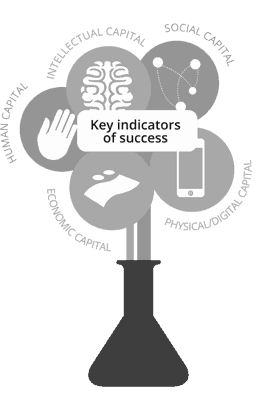
Social Capital
One of the most important aspects of our work is to build social cohesion amongst groups to engender the trust, understanding and respect to create safe spaces to talk about hard issues and look after one another. This provides a strong foundation on which we can build ongoing relationships which not only stand the stresses and strains of getting new projects off the ground, but grow in these kinds of conditions. The concept of whakawhanaungatanga (or acknowledging who we are in the wider context of the world, and how past, present and future generations fit together) from te ao Maori fits importantly into this area.
Human Capital
Without building deeper skills and knowledge, it is hard to turn problems and challenges in the world around us into opportunities to be of service and make an impact. Sometimes this looks like adopting new tools and methodologies (such as the lean canvas and experiment validation from the startup world, or personas and blueprints from the design world), but it also extends to forging understanding and shared language across disciplines – such as the magic that happens when technology entrepreneurs begin to understand neuroscience and psychology.
Physical/Digital Capital
The “tip of the iceberg” of this work, which everyone likes to see, is often the tangible results – be it the mock ups and prototypes which inform learning, or the more mature projects which might appear as websites, apps, games, social media campaigns or offline projects which emerge from the work of the Lifehack community.
What we know from projects in all sectors of society, is that these types of outputs often need to be maintained and improved over time (especially for anything tech-based), so it is important that they are generated by individuals and teams which are committed to, and resourced to engage in their continuous development and evolution (hence human & social capital being vitally important).
Intellectual Capital
Lifehack is operating in a sector which is emergent and has largely been under researched. Whilst there are some excellent studies emerging from universities, charities and government about the state of youth wellbeing in Aotearoa – we are still behind the curve when it comes to actioning this and improving the lives of rangatahi / young Kiwis. Hence, Lifehack has an important role in generating new insights into youth wellbeing & technology use, and sharing them with Aotearoa.
Lifehack also generates important insights into improving our own program and others like it through intensive evaluation, critique and retrospectives. As we are creating experiences and social processes, we seek to abstract the learnings from our work in the youth wellbeing space, to be applied to other complex social & environmental issues in the future.
Economic Capital
Acting at the intersection of the worlds of health & wellbeing, youth engagement, social business, and technology – Lifehack leverages skills, networks, resources and experience to create new tools and interventions, and put more energy behind what’s already working.
Whether it’s pro bono mentoring of teams, creating spaces for skilled volunteering, or brokering funding relationships, attracting social impact investment, or enabling in-kind sponsorship – Lifehack generates significant economic value and channels it toward youth wellbeing.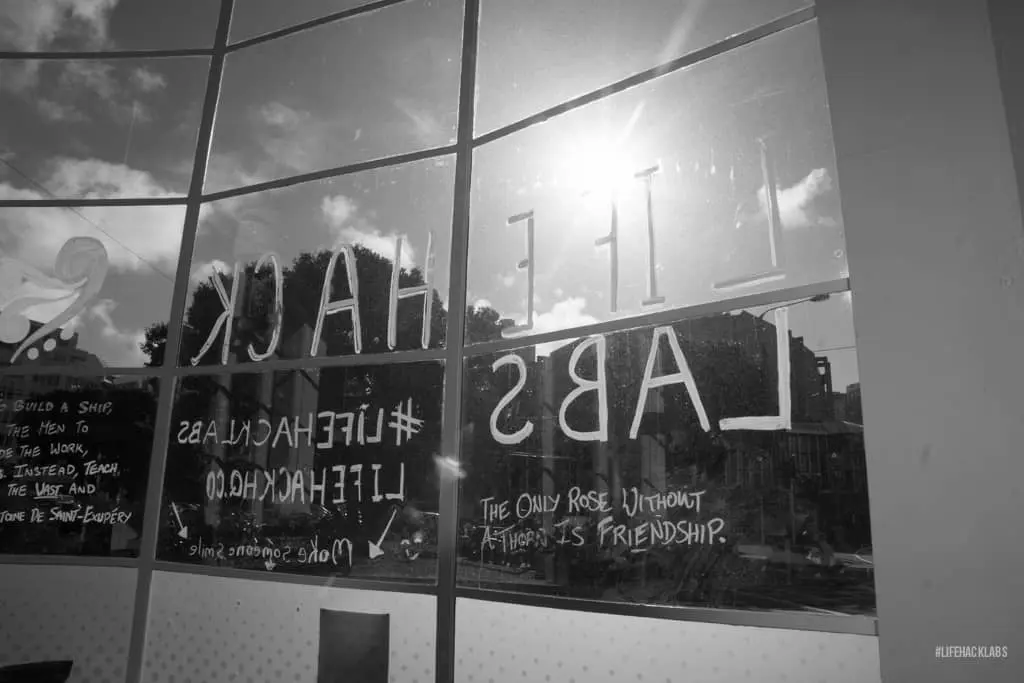
Assessing programs and initiatives which aim to tackle wicked problems is difficult, but we’re aiming to use the best practice impact evaluation tools from international social innovation practice, and extending them to recognise the context we work within. If you’re keen to hear more about these, drop us a comment below.
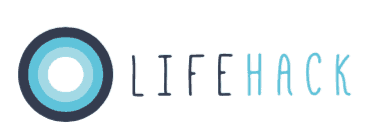
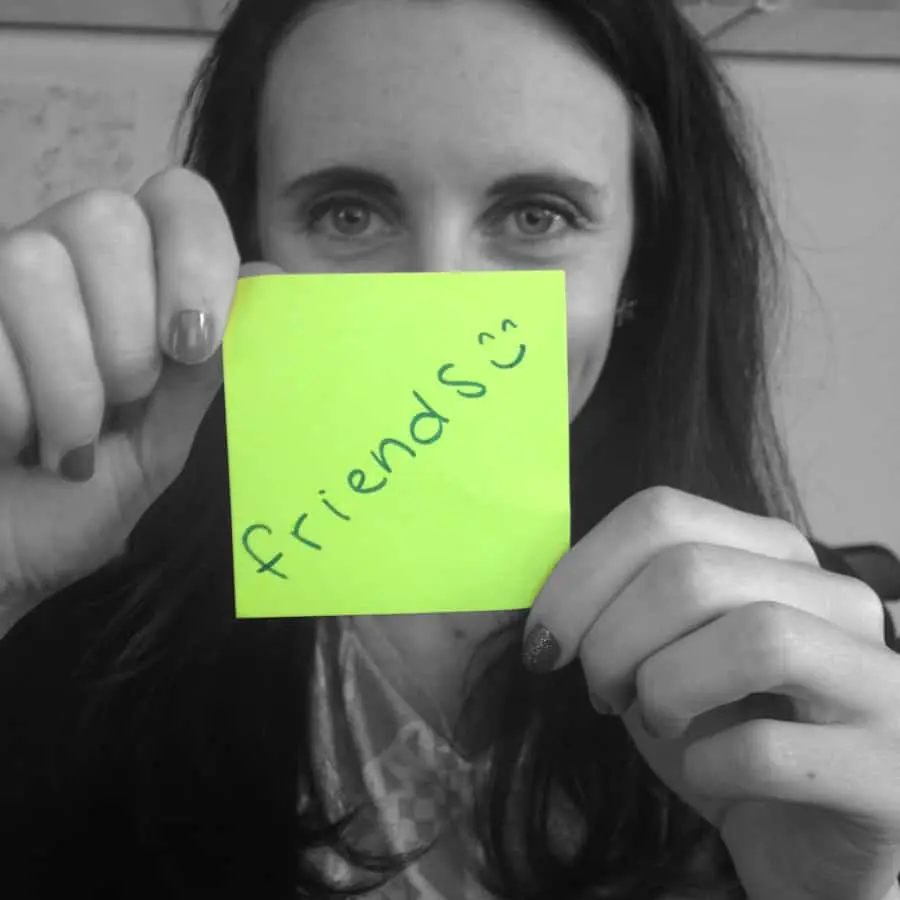
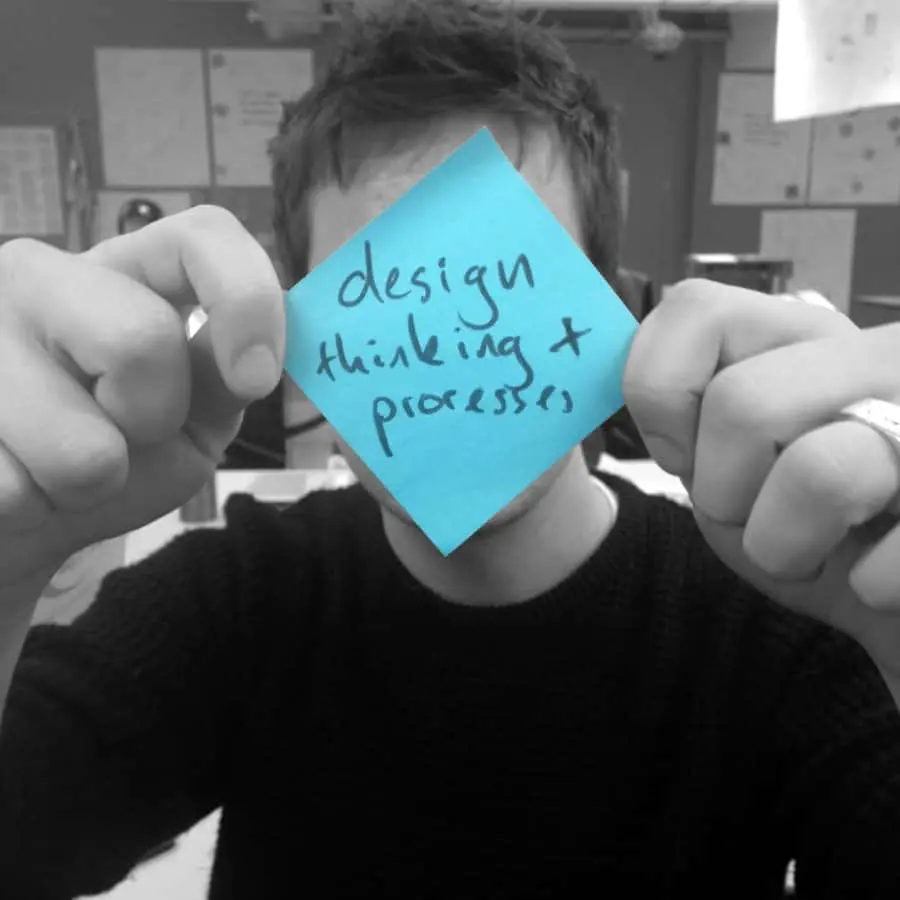

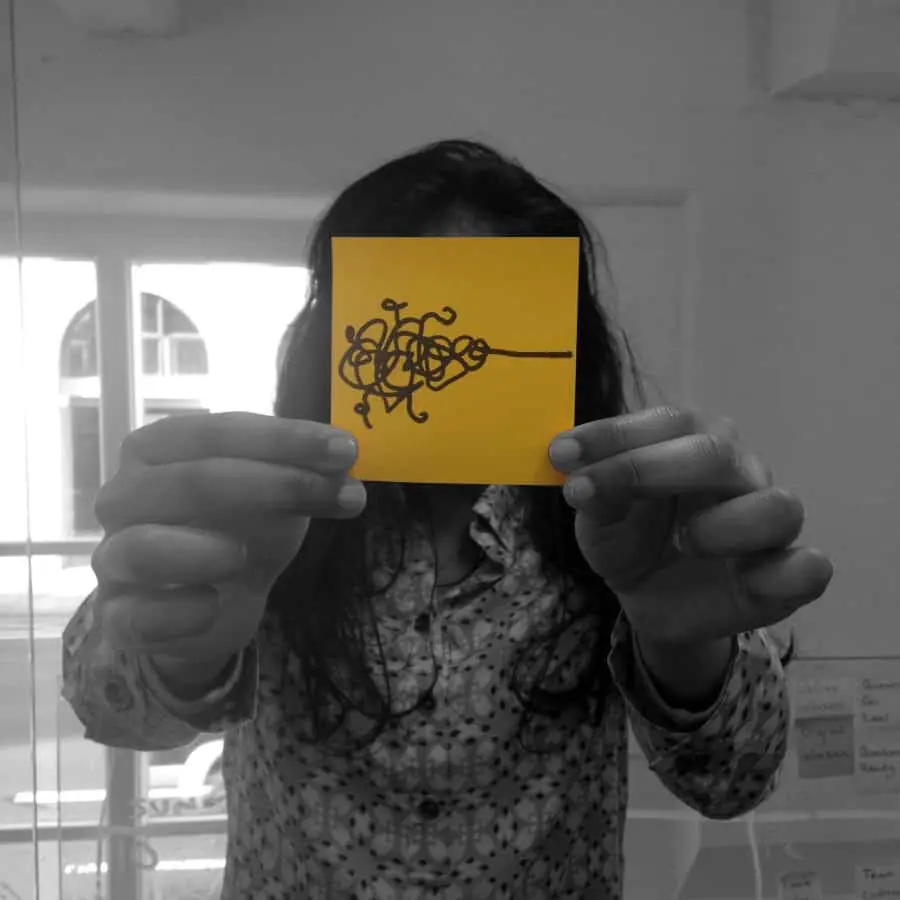
Thank you for sharing this Gina. Interesting reflections.
It’ll be great to keep in touch about Lifehack’s trails and tribulations around tracking and measuring social impact.
Continue fighting the good fight.
Ash
Is the ‘capital’ concept useful for understanding the reality of social ties, knowledge and digital and tangible outputs?
What are the political consequences of using a concept and framework that originates in neoclassical economics?
Interesting link: http://www3.nd.edu/~rfishman/Web_Files/RMFishman_OnTheCostsOfConceptualizingSocialTiesAsSocialCapital.pdf